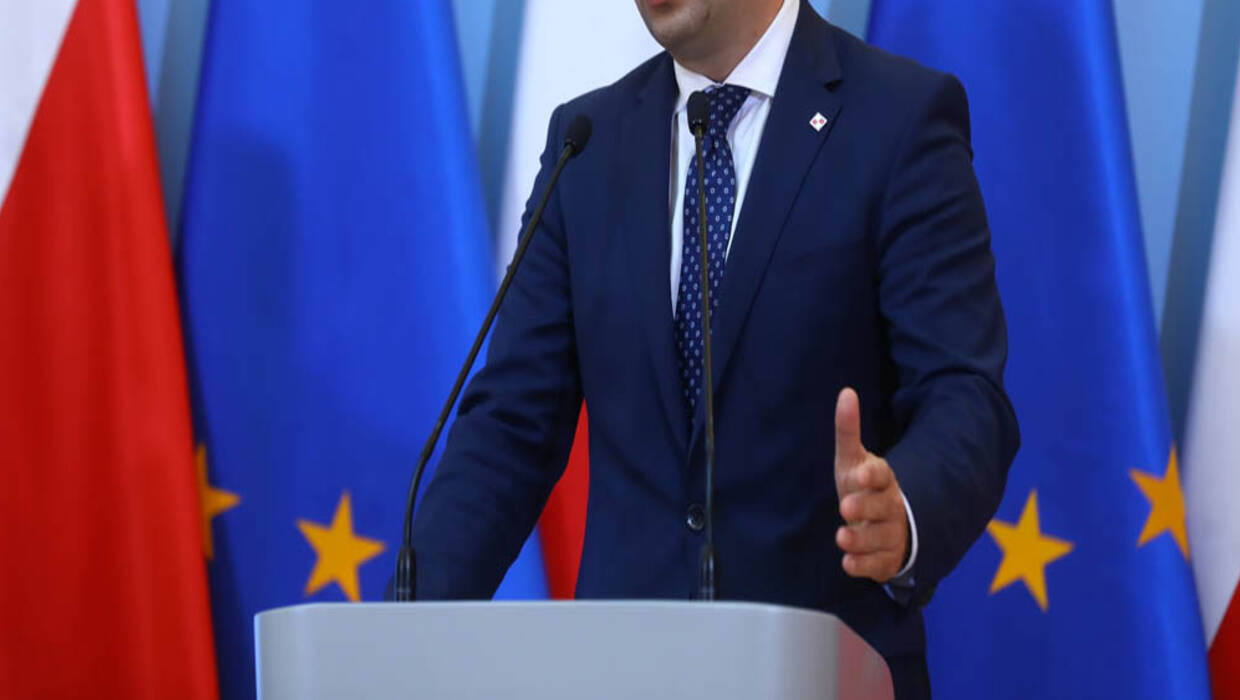
Speaking on Radio Wroclaw in the south-eastern Polish city, Dworczyk said Russia had clearly declared through the statements of its politicians and officials that Belarus is in Russia's sphere of influence.
"We don't accept that (...)," he said. "We're trying to activate other European countries to actions that will not allow Russia to cross the red line, that is taking excessive actions such as an intervention."
Dworczyk admitted that on the issue of Belarus the EU is divided. "That also needs to be honestly stated," he said.
"There are countries that have greater empathy and are more interested in the situation in Belarus. And those countries include the Baltic States, those belonging to the Visegrad Group (Poland, Slovakia, the Czech Republic and Hungary - PAP), or generally the countries of Central and Eastern Europe. However, countries in the western part of the European Union have that sensitivity much less. And our role is among others that the subject of Belarus doesn't leave the agenda and is a priority in the discussions and work of the European Union," he continued.
He stated that Poland's position on Belarus was unambiguous and unwavering: Belarus should be a sovereign an independent country and Poland is ready to help both on the international arena and in bilateral contacts, so that that happens. He added that it was in Poland's interests to have a sovereign, independent, stable and democratic Belarus on its eastern border.
Dworczyk said that was why Prime Minister Mateusz Morawiecki had announced a solidarity package with Belarus in the framework of which programmes have been launched to support civil society and free media in that country as well as to aid repressed people. (PAP)



